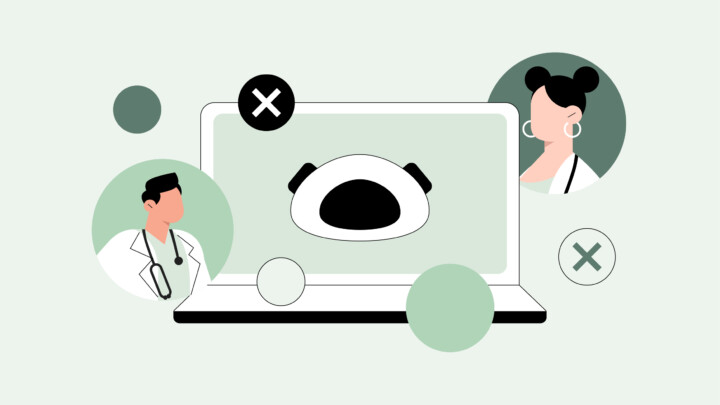Looking to change specialties? Learn the best medical specialties by category, whether you want a…


Looking to change specialties? Learn the best medical specialties by category, whether you want a…

Explore how doctors cope with the emotional distress of medical errors and what institutions can…

Physicians on Sermo weigh in on whether AI tools are improving care or dulling clinical…

Learn how physicians are combating the mouth taping trend. Explore the medical risks and potential…

Understand the difference between medically prudent care and wasteful defensive medicine driven by malpractice fear.…

Explore how international locum tenens differs from domestic work and the steps doctors must take…

Explore the growing doctor shortage crisis, its impact on healthcare, and what doctors are saying…

As more physicians step into executive roles, how are they reshaping healthcare leadership? Explore Sermo…

Explore the potential of psilocybin therapy for treatment-resistant depression and other conditions. Learn more about…

Physicians on Sermo share experiences with GLP-1 weight loss drugs and risks. Explore poll data,…

Explore how changes to COVID-19 vaccine accessibility will affect doctors and patients. Learn how to…

Precision medicine is reshaping care, but barriers remain. Explore Sermo physician insights on the ethical…